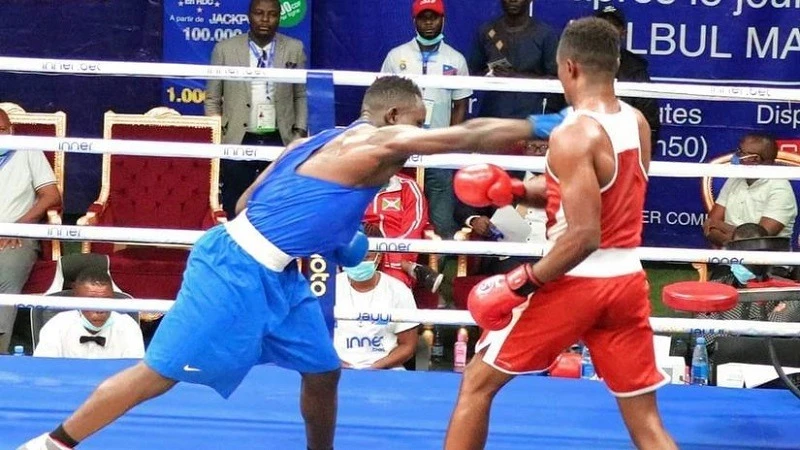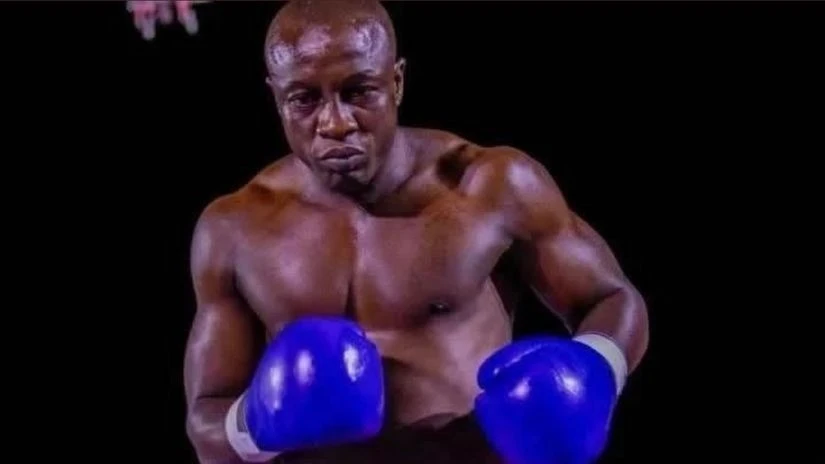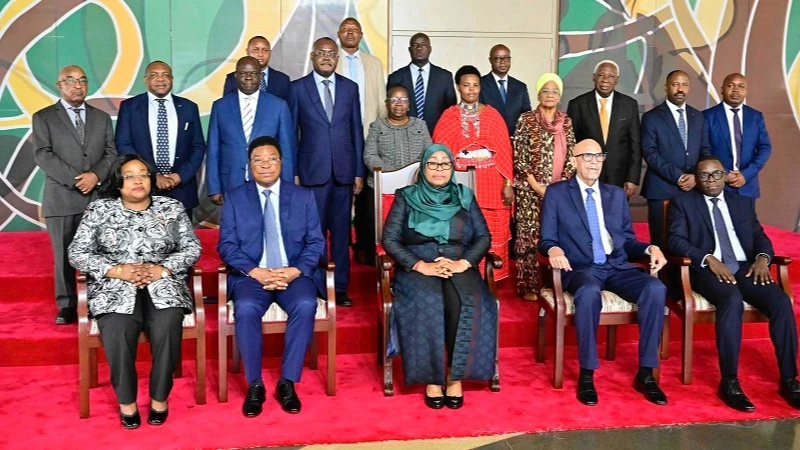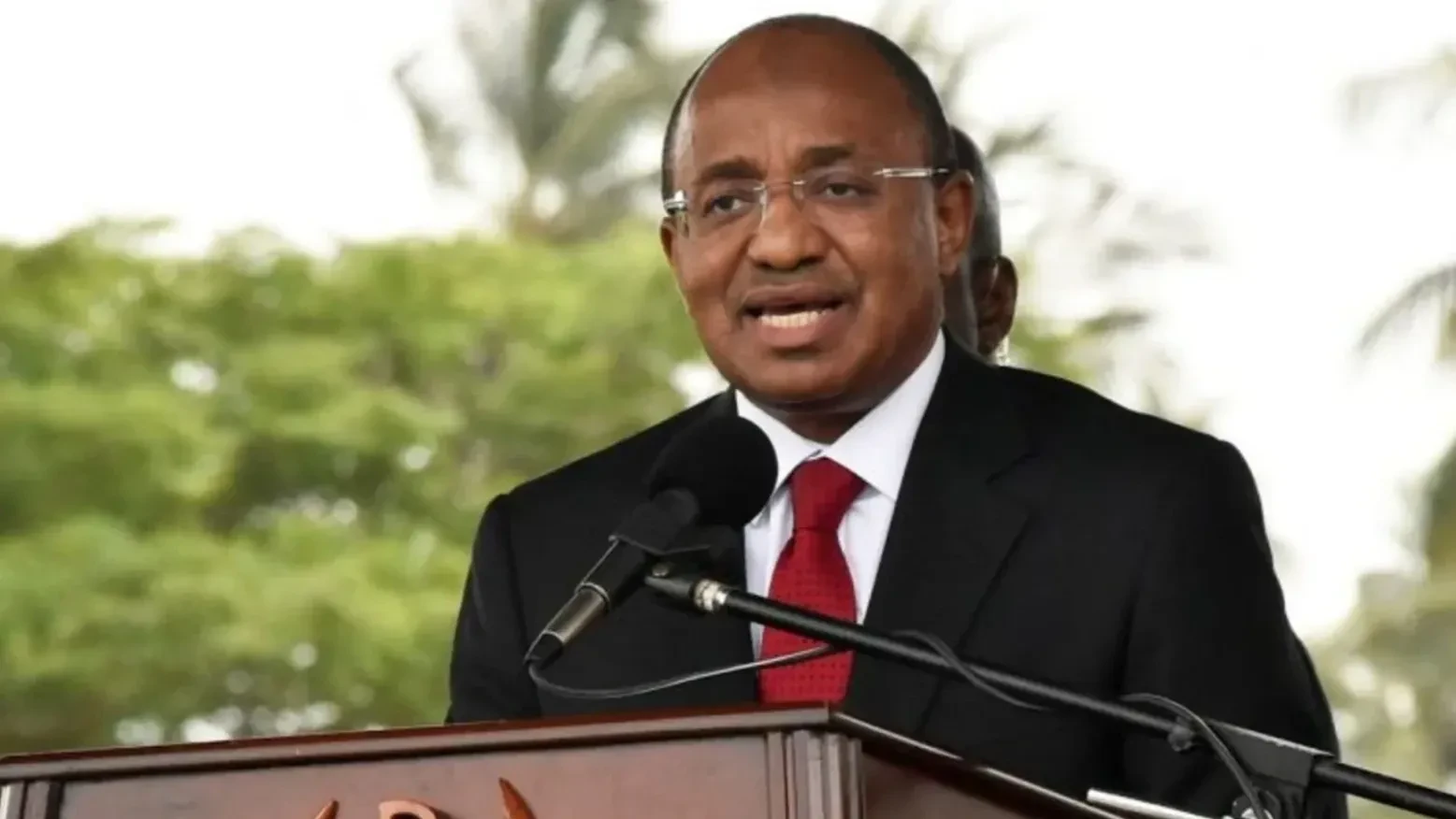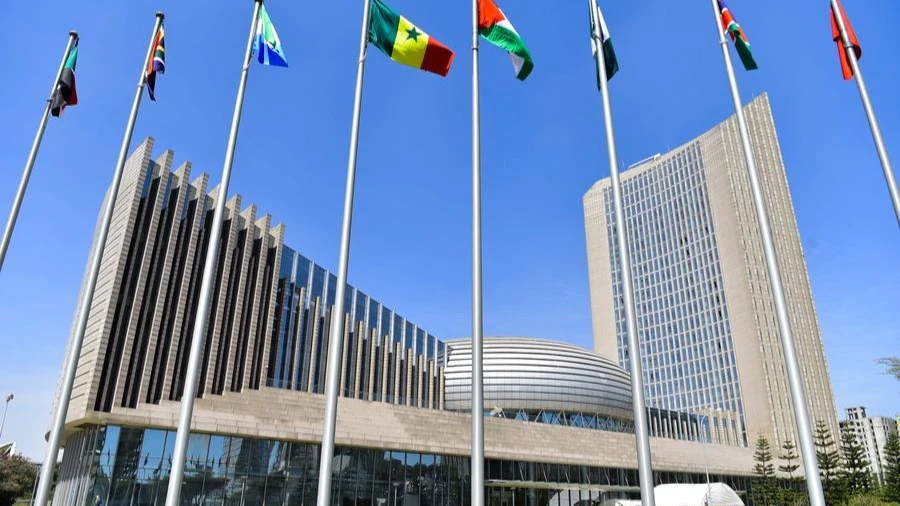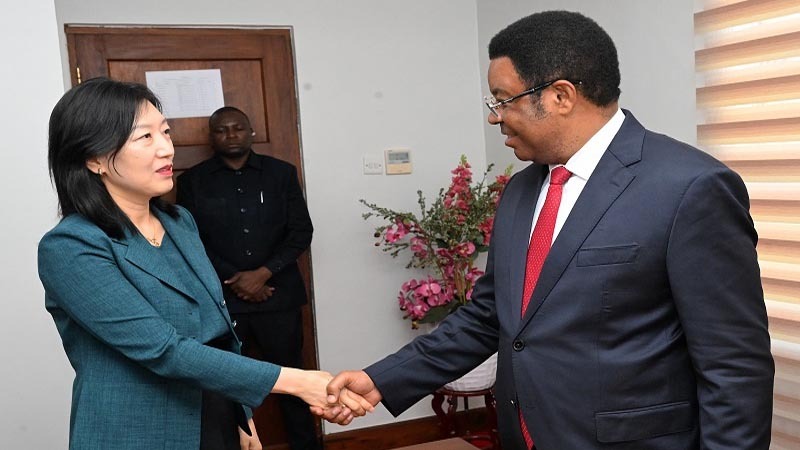Singida Black Stars’ team selection: Unpopular, but within the rules
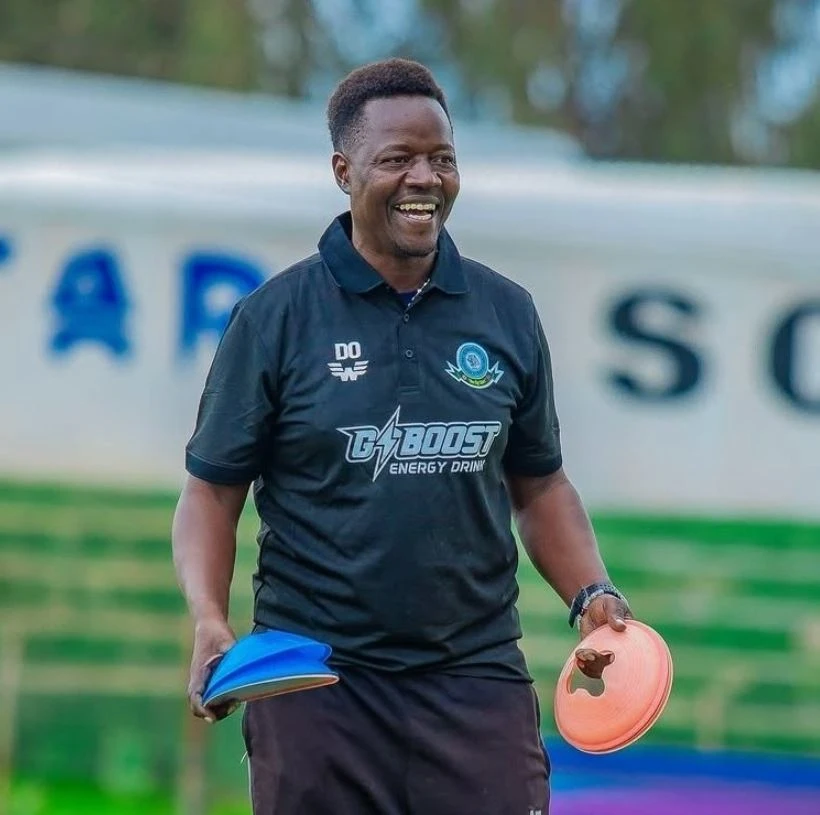
THE recent Mainland Premier League match between Singida Black Stars and Young Africans has ignited a firestorm of controversy, raising questions about team selection, fair play, and the delicate balance between squad management and competitive integrity.
Singida Black Stars’ decision to field what many perceive as a weakened side against the league leaders has drawn the ire of rival fans, who accuse the club of deliberately handing Young Africans an easy victory.
While the frustration of Simba and Azam supporters is understandable, a closer examination reveals that Singida Black Stars, while perhaps tactically unwise in the optics, did not necessarily do anything wrong.
The facts are clear: Singida Black Stars rested several key players for the match against Young Africans, opting to give game time to fringe members of their squad.
This decision immediately sparked accusations of favouritism, with rival fans suggesting that Singida Black Stars were intentionally paving the way for a Young Africans title defense.
The timing of this decision, with Singida Black Stars facing relatively easier opponents in their subsequent fixtures, only fuelled the suspicion.
It's easy to see why rival fans feel aggrieved. They perceive a lack of competitive spirit and a potential undermining of the league's integrity.
They argue that every team should field its strongest possible lineup in every game, ensuring a level playing field for all.
However, the notion of a “strongest possible lineup” is inherently subjective. Coaches constantly grapple with balancing player fitness, managing injuries, and strategizing for upcoming games.
Resting key players ahead of crucial matches is a common practice in professional football, employed even by the biggest clubs in the world.
Singida Black Stars, facing a less daunting schedule after the Young Africans game, may have simply prioritized player management to increase their chances of success in more winnable games.
While the optics may be questionable, particularly given the existing sensitivities surrounding Young Africans' title chase, the club’s actions fall within the realm of standard coaching practice.
To suggest that fielding a team of registered players equates to “not trying” is an insult to the professionalism of the athletes themselves.
Every player who steps onto the pitch, regardless of their usual starting status, has a vested interest in performing well and proving their worth. These are professional footballers, not amateurs.
To imply that they would deliberately underperform simply because they weren't the first-choice picks is disrespectful and unfounded.
The criticism levelled against Singida Black Stars echoes similar debates in other leagues. A decade ago, Wolves faced sanctions for fielding a weakened team against Manchester United, a decision driven by their need to prioritize a crucial relegation battle.
The subsequent outcry highlighted the inherent flaws in such regulations. Who defines a "weakened" team? How do you account for injuries, fatigue, and tactical considerations? The English Premier League eventually recognized the impracticality of such rules and abandoned them.
While Singida Black Stars might have miscalculated the public perception of their actions, their decision to rotate their squad is not inherently wrong. It's a common practice in football, and while it can be frustrating for rival fans, it doesn't automatically imply foul play.
The club's focus should be on managing their squad effectively to achieve their season goals, not catering to the anxieties of rival supporters.
Ultimately, the controversy surrounding Singida Black Stars serves as a reminder of the passion and intensity that fuels football rivalries.
While healthy competition is essential, accusations of bad faith should be based on concrete evidence, not mere speculation.
Perhaps, instead of jumping to conclusions, we should trust the professionalism of the players and acknowledge the complex realities of squad management in modern football.
Top Headlines
© 2025 IPPMEDIA.COM. ALL RIGHTS RESERVED



